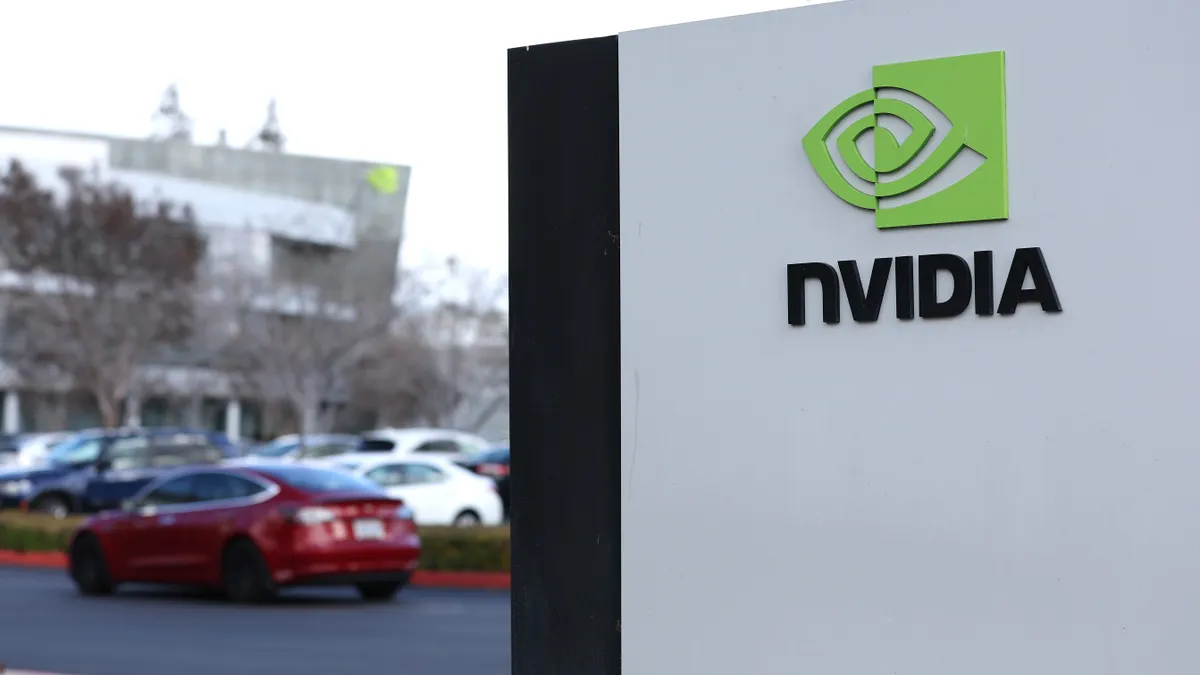The enterprise technology realm truly is a small world. Nowhere is this more apparent than with VMware. The maker of private cloud software was founded in 1998 by Diane Greene and her husband, Mendel Rosenblum, among others.
In 2008, Greene was fired as president and CEO and replaced by Paul Maritz, who at the time was leading the cloud division at EMC after spending more than a decade at Microsoft. Today, Greene heads Google Cloud, while VMware’s parent company, EMC, was just purchased by Dell.
No matter how complex its past, VMware has always had a reputation as a crafty, ahead-of-its time technology company with a unique and fast-evolving strategy. And that strategy has paid off. Today, VMware is used in some form or another by almost all Fortune 100 companies, according to IBM.
And its passion for cutting-edge strategy continues. VMware recently formed a slew of partnerships that allows it to run its software on its own servers and the infrastructure of other cloud providers.
But how effective will its latest strategy be as the enterprise cloud market barrels forward?
Teaming with cloud giants
In August, VMware announced it would expand an existing partnership with IBM, allowing customers running VMware software to do so on IBM Cloud. The new service is designed to enable organizations to more easily transfer enterprise workloads to the cloud. VMware also introduced Cross-Cloud Services to further help enterprises manage applications across multiple cloud environments.
Recent studies indicate businesses are more commonly choosing to work with more than one cloud provider to meet multiple needs.
"Enterprises need fast and easy ways to deploy and move workloads between on-premises and public cloud environments," said Robert LeBlanc, senior vice president at IBM Cloud. "Our collaboration with VMware is becoming the glue for many organizations to scale and create new business opportunities while making the most of their existing IT investments in a hybrid cloud environment."
"Enterprises need fast and easy ways to deploy and move workloads between on-premises and public cloud environments."

Robert LeBlanc
Senior vice president at IBM Cloud
But the even bigger VMware partnership surprise came in October, when VMware and Amazon Web Services announced they would collaborate to build a new integrated hybrid cloud offering. As part of the new alliance, AWS will be VMware’s primary public cloud infrastructure partner and VMware, in turn, will serve as the primary private cloud partner for AWS.
"The goal of the partnership is to make it easier for customers to run applications in a consistent hybrid environment using a common set of software and tools," Mark Lohmeyer, vice president of Products for the Cloud Platform Business Unit at VMware, wrote in a company blog.
The AWS/VMware partnership proved the two companies — which were once sworn enemies — have moved on from their previous conflict and realized the potential of tapping into each other’s market shares. The partnership should also help Amazon advance in the hybrid cloud market, a space where it has struggled.
"Most enterprises are already virtualized using VMware, and now with VMware Cloud on AWS, for the first time, it will be easy for customers to operate a consistent and seamless hybrid IT environment using their existing VMware tools on AWS, and without having to purchase custom hardware, rewrite their applications or modify their operating model," said Andy Jassy, CEO of AWS, in an announcement.
Thinking ahead?
So what does VMware’s latest moves mean? The company has always been strong on strategy, and it’s recent partnership deals may signal that it is looking to stay ahead of an impending market change.
"I think what we’re seeing here is VMware recognizing an eventual shift in the market towards greater use of the public cloud by enterprise, and they are trying to diversify their business model," said Joseph Taylor, Ph.D., a professor of Information Systems at California State University, Sacramento and the former director of IT Strategic Planning, Innovation and Governance for Walmart Stores Inc.
"VMware’s core competency, and the interests of Dell, are both served well by private cloud implementations. But [both may realize that] may not be a sustainable market segment over time," he said.
"I think what we’re seeing here is VMware recognizing an eventual shift in the market towards greater use of the public cloud by enterprise, and they are trying to diversify their business model."

Dr. Joseph Taylor
Professor of Information Systems at California State University
In August, VMware CEO Pat Gelsinger presented his own company’s research on public cloud during his VMware 2016 keynote. The report estimated there are about 160 million workloads run on servers today, and 73% of those are handled by traditional IT, 12% are on private clouds and about 15% are on public cloud.
But public cloud will eventually take over, the research found. By 2030, VMware says public cloud will represent 50% of workloads, while private cloud will represent only about 39%. And that’s likely why Gelsinger wants to align with public cloud providers.
In other words, selling hybrid cloud services let’s VMware keep customers that they might otherwise lose to public cloud offerings.
"VMware customers have already invested in VMware’s intellectual property for technology management, and a hybrid cloud let’s those customers continue to leverage those investments while gaining some of the advantages of public cloud scalability and cost structures," said Taylor.
AWS frenemies
Looking more closely at the VMware partnership with AWS, some question whether VMware will get much out of the deal. The partnership does, however, make it easier for VMware customers to use AWS, and could provide the company with new users to boost their total volume.
"Once a customer is on AWS, Amazon can continue to expand the number of services that they offer those customers," said Taylor. "For VMware, simplifying the connection to the public cloud could allow them to support a feature that can be attractive to companies that want to expand their hybrid cloud capacity."
But Sirish Raghuram, CEO of Platform9 and a former engineer at VMware, doesn’t think VMware’s partnership with AWS makes sense from a business perspective.
"VMware’s sweet spot is on-premises infrastructure, which doesn’t fit with what AWS is doing at all."

Sirish Raghuram
CEO of Platform9
"VMware’s sweet spot is on-premises infrastructure, which doesn’t fit with what AWS is doing at all," said Raghuram. "More traditional IT teams hesitant to replace virtualized workloads may be enticed by this new marriage, but they recognize that operations are increasingly shifting to a 100% cloud development model."
Even with the expected growth in hybrid cloud deployments over the next several years, running VMware Cloud on AWS isn’t developer-friendly, said Raghuram.
"And because it’s tied to virtualized infrastructure, it isn’t truly cloud-native," he added. "Ultimately, AWS doesn’t have much to lose here, and is simply trying to open up new revenue streams. But for VMware, it’s putting a band-aid on something that requires much more."
Of course, all these partnerships and strategies are just one piece of the puzzle. The even bigger consideration is what will happen to VMware now that it lives under the Dell Technologies umbrella.
Analysts have said that the cultures at Dell and EMC, and at EMC and VMware, are different, and predict an impending clash that will force several executives out. At this point, only time will tell.





















